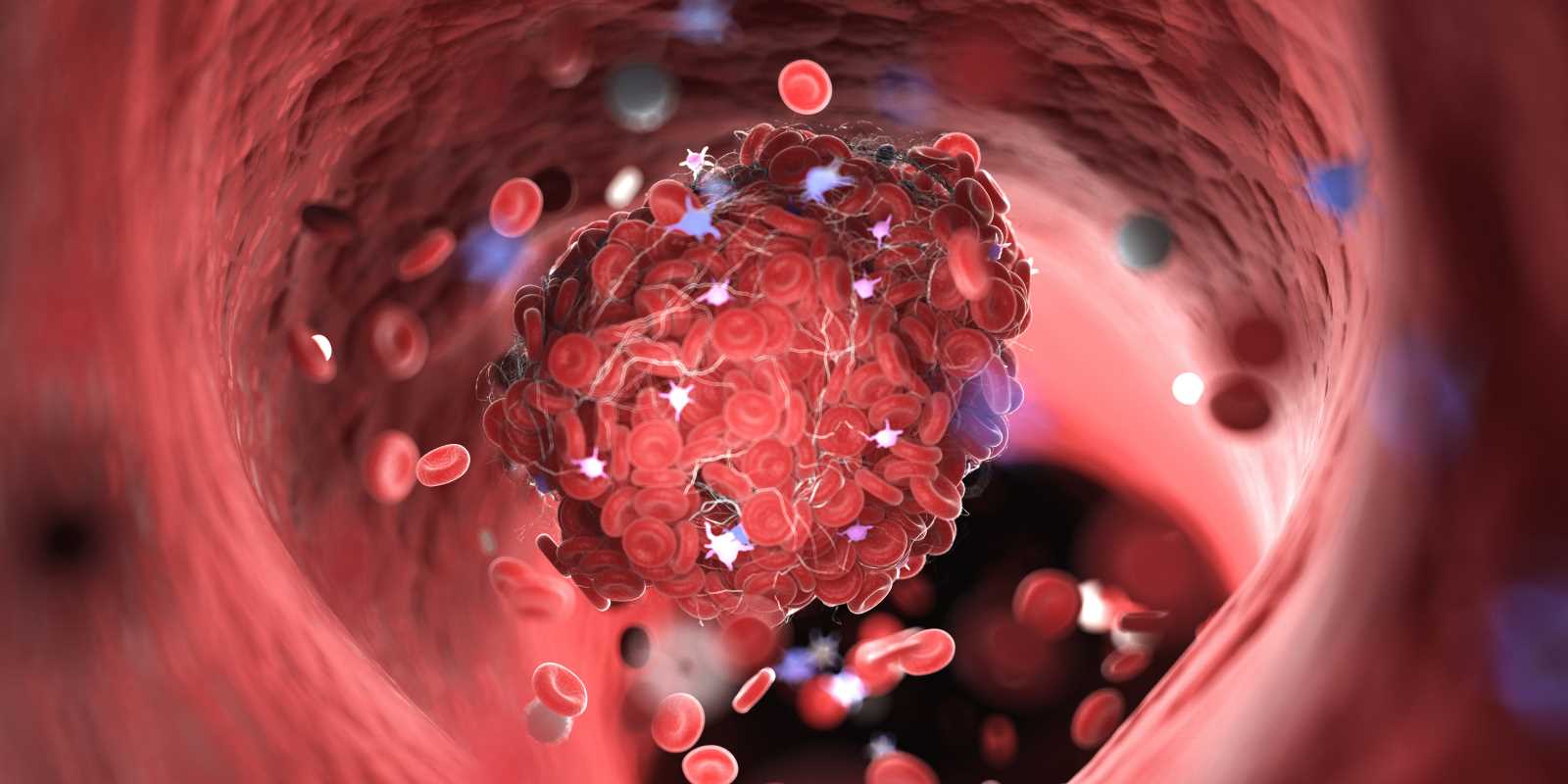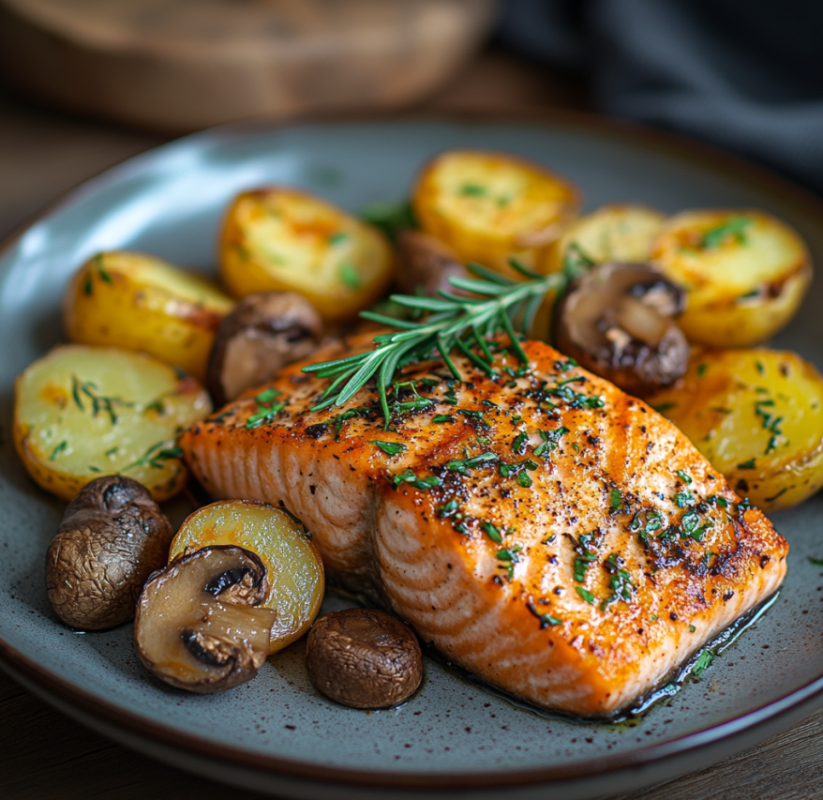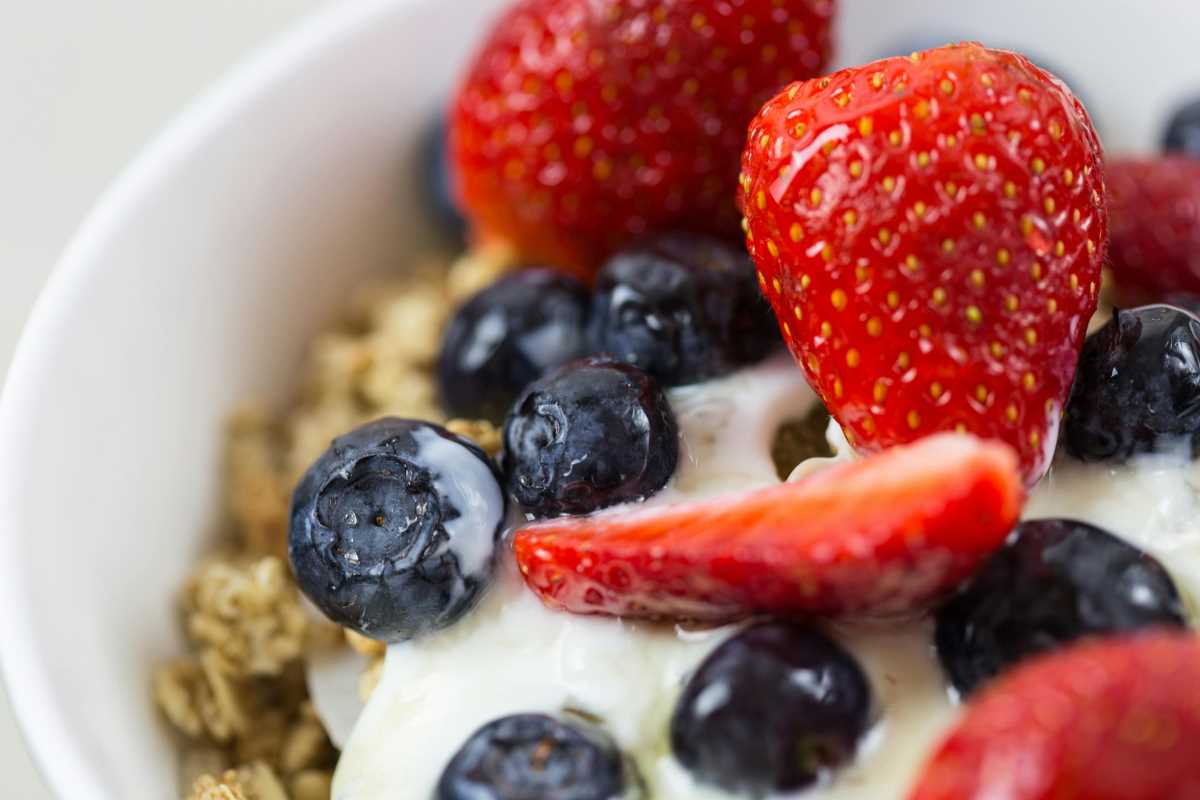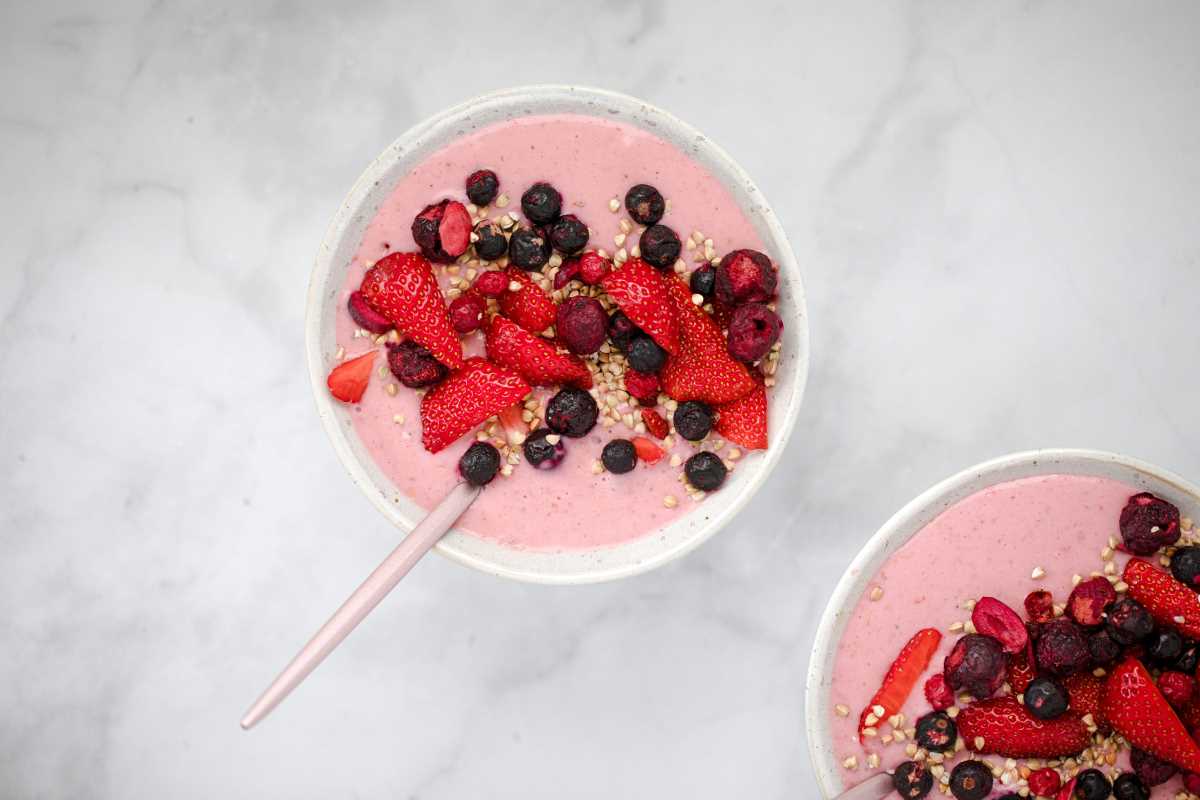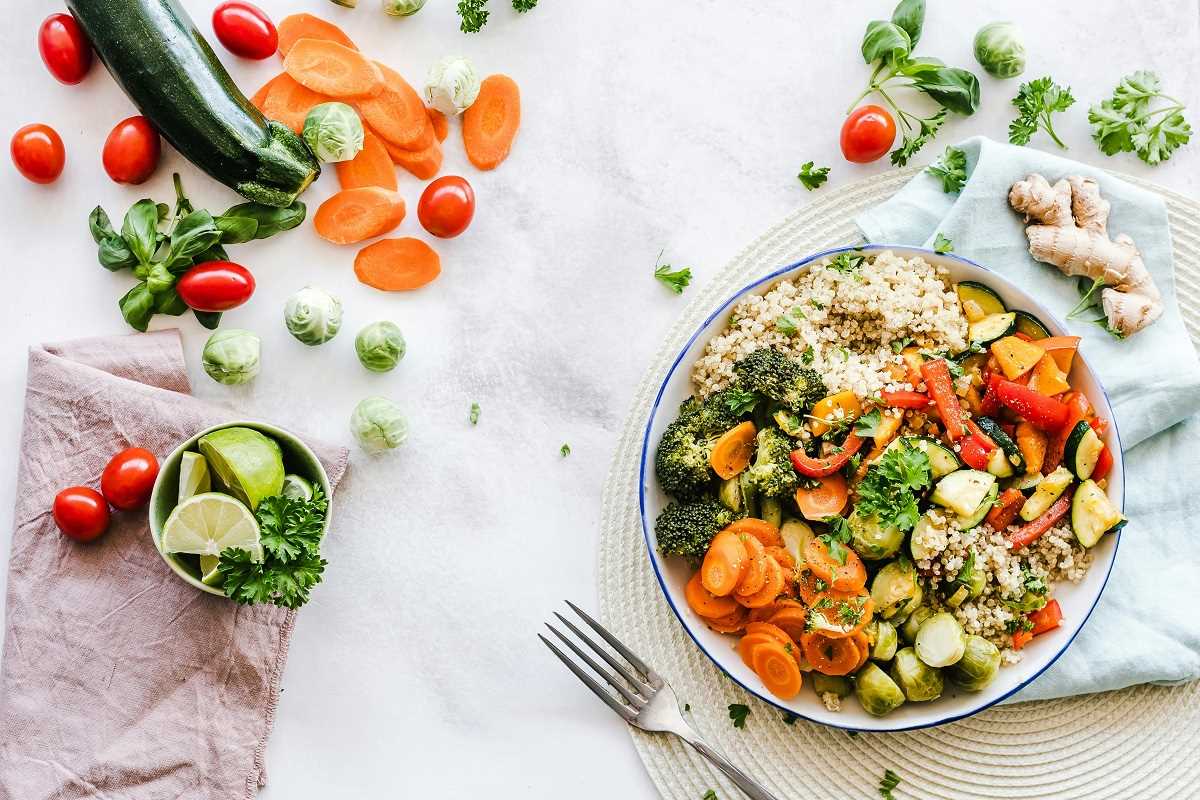Protein has long been celebrated as the superstar nutrient for building muscle and maintaining overall health. For many of us, the idea of protein brings images of steaks, chicken breasts, or a glass of milk to mind. But here's an exciting twist for your health-conscious radar—plant-based protein is increasingly becoming the go-to staple for those looking to fuel their bodies in a way that’s as healthy as it is sustainable.
If you've wondered whether ditching the animal protein in favor of tofu, lentils, or quinoa can provide the same health benefits (or even added perks), you're not alone. Let's break down the power of plant-based protein and discover why it’s a smart and effective choice for maintaining muscle and overall health, no matter your lifestyle.
What Exactly Is Plant-Based Protein?
Plant-based protein refers to protein sourced from plants rather than animals. Foods like legumes, nuts, seeds, grains, and even some vegetables are rich in this essential nutrient. These options are often packed with fiber, antioxidants, and other nutrients that animal-derived proteins lack.
The best part? You don’t have to be vegan to benefit from plant-based protein. Whether you're shifting to a fully plant-based diet or simply looking to incorporate more plant options into your meals, this nutrient powerhouse can complement any eating plan.
The Secret Weapon for Building Muscle
One of the most common myths surrounding plant-based protein is that it’s somehow "inferior" when it comes to supporting muscle growth. But here’s the thing—that myth just doesn’t hold water.
Protein is made up of amino acids, which are the “building blocks” of muscle and tissue. While some plant proteins may lack one or two essential amino acids, combining different plant sources in your meals can easily give your body all the amino acids it needs. For example, pairing rice and beans creates a complete protein, making it just as effective as a serving of chicken or beef.
Plant-based proteins like soy (e.g., in tofu or tempeh) and quinoa naturally offer all nine essential amino acids. This makes them complete proteins, perfect for supporting muscle repair and growth after a workout. And in terms of post-exercise recovery? Studies show plant-based protein can support muscle recovery just as well as whey protein, making it a fantastic option for your post-gym smoothie.
More Benefits Beyond Muscle
While building and maintaining muscle is important, plant-based protein delivers benefits that go far beyond your biceps. When you add more plant proteins to your diet, you’re also supporting your heart, brain, digestion, and more.
Heart Health
Plant-based proteins are naturally low in saturated fats and cholesterol compared to animal proteins. Diets rich in these foods have been linked to lower blood pressure and reduced risk of heart disease. Bonus points go to plant proteins that are high in fiber (like lentils or chickpeas), as they help lower LDL cholesterol (the "bad" cholesterol) and improve overall cardiovascular health.
Weight Management
If you've been searching for a way to manage your weight while still feeling satiated, plant-based protein can help. The combination of protein and fiber in many plant-based options creates a one-two punch of fullness, helping you to eat less while still feeling satisfied. Foods like black beans, edamame, or chia seeds are nutrient powerhouses that keep you feeling nourished for hours.
Better Digestion
Fiber is the unsung hero of plant-based protein. If you’ve been eating more animal-based proteins, adding fiber-rich foods like lentils, chickpeas, or quinoa can help regulate digestion and support a healthy gut. A well-functioning digestive system enhances nutrient absorption and keeps you feeling your best.
Reduced Risk of Chronic Illnesses
Research has revealed that diets high in plant-based nutrients can reduce the risk of chronic conditions like diabetes and even some types of cancer. Plant-based proteins, often rich in antioxidants, work to neutralize harmful free radicals in your body, promoting long-term health.
Finding the Right Plant-Based Proteins for You
If you're new to plant-based eating, you might feel overwhelmed by the sheer variety of options available. Fear not! Here’s a quick guide to some of the best plant-based protein sources and how to incorporate them into your diet.
Top Sources of Plant-Based Protein
- Lentils (18g protein per cup): Add lentils to soups, salads, or make a hearty lentil curry.
- Chickpeas (15g protein per cup): Perfect for hummus or roasted for a crunchy snack.
- Quinoa (8g protein per cup): A nutrient-packed grain that works well as a base for bowls or as a side dish.
- Tempeh (20g protein per cup): A fermented soy product that tastes great in stir-fries or grilled.
- Tofu (10g protein per 1/2 cup): A versatile option you can bake, scramble, or toss into a smoothie.
- Edamame (17g protein per cup): These soybeans make an excellent snack or addition to salads.
- Chia Seeds (4g protein per 2 tbsp): Sprinkle them on yogurt, oatmeal, or use them to make chia pudding.
- Peanuts and Almonds (7-8g protein per ounce): Great as a snack or turned into nut butter.
- Seitan (21g protein per 1/3 cup): Made from wheat gluten, it’s a fantastic meat substitute.
Easy Steps to Add More Plants to Your Diet
- Meatless Meals: Dedicate one or two meals a week to plant-based dishes like quinoa bowls, lentil soups, or veggie stir-fries.
- Sneaky Swaps: Add tofu to your stir-fries instead of chicken, or sprinkle hemp seeds on your salad for an extra protein boost.
- Blend It Up: Mix plant-based protein powders or nut butters into smoothies for a nutrient-rich breakfast or post-workout snack.
- Snack Smart: Keep protein-packed snacks on hand, like roasted chickpeas, edamame, or a handful of almonds.
Addressing Common Concerns
Will I Get Enough Protein?
Yes! With a little planning, you can easily meet your daily protein needs with a plant-based approach. Most adults need about 46–56 grams of protein per day, which can be achieved through a mix of beans, grains, nuts, and veggies.
What About Iron and B12?
Plant proteins like lentils, quinoa, and tofu are rich in iron, though pairing them with vitamin C (like a squeeze of lemon) helps absorb the iron more effectively. Vitamin B12 is harder to find in plants, so consider a supplement or fortified foods like nutritional yeast or plant-based milks.
What If I Miss Meat?
Transitioning doesn't have to be all-or-nothing! Experiment with plant-based recipes alongside your usual meals, or start small with one plant-based day per week. Over time, your taste buds will start to crave those delicious lentil stews or quinoa salads.
A Healthier You, One Bite At a Time
Plant-based protein holds immense potential for anyone looking to boost their muscle strength, protect their heart, and fuel their day with vibrant energy. The best part? It’s about more than just food; it’s a lifestyle that supports your well-being and the health of the planet.
Are you ready to give plant-based protein a try? Start small, make it fun, and discover how these nutrient-packed powerhouses can transform the way you eat and feel. Because taking care of yourself has never been more delicious.

